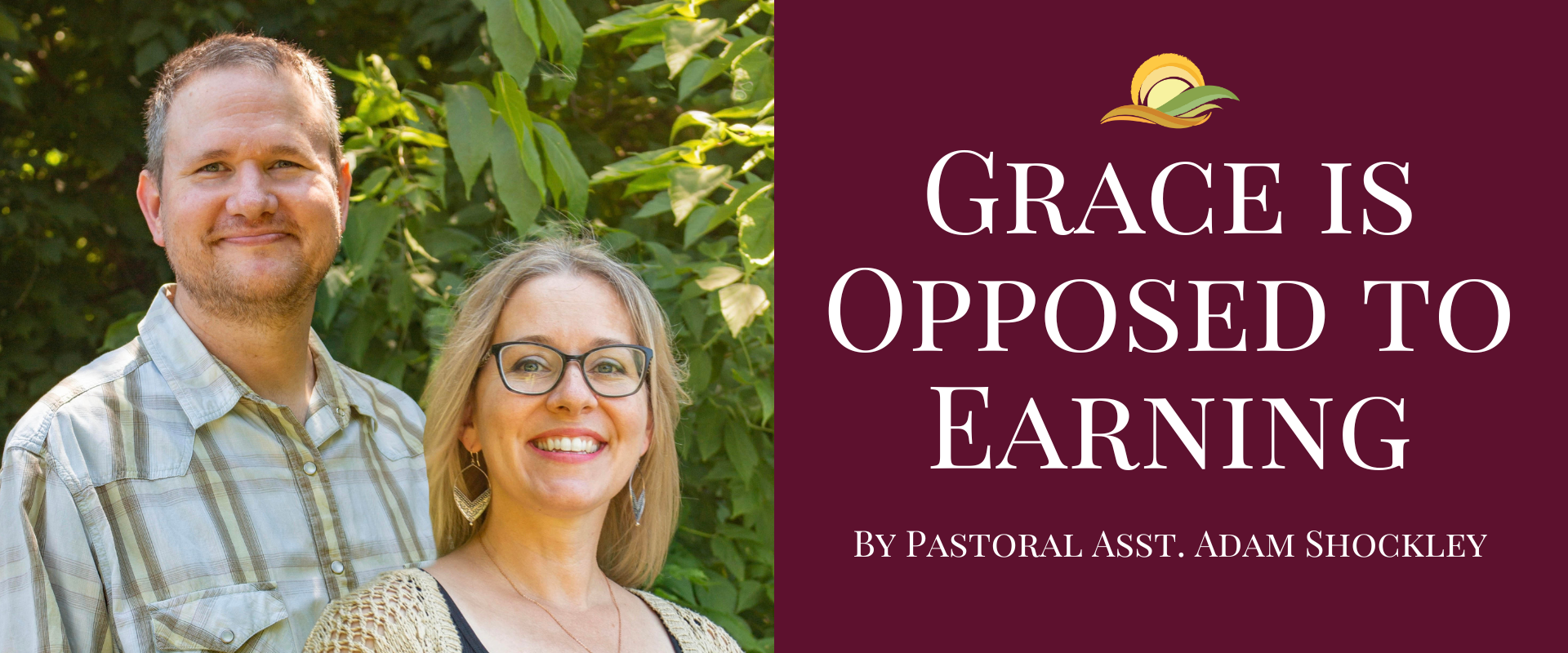Encounter the love of the Father today. Let his love wash over you afresh. Soak in the truth of God’s love to an even deeper place inside of you.
“See WHAT GREAT LOVE the Father has lavished on us, that we should be called children of God! And that is what we are! The reason the world does not know us is that it did not know Him.” (1 John 3:1 NIV, emphasis mine.)
The rich and holy love of the Father is a foreign thing to this world, but His children can know it and know it often. So let yourself be washed in and reminded of his love today. Just as Paul prayed this prayer for the Ephesian church, I pray for you:
“And I pray that you, being rooted and established in love, may have power, together with all the Lord’s holy people, to grasp how wide and long and high and deep is the love of Christ, and to know this love that surpasses knowledge–that you may be filled to the measure of all the fullness of God.” (Ephesians 3: 17-19 NIV)
One of the themes deposited into our church from Revival Weekend was the revelation that revival is sustained within healthy families. I believe the foremost important revelation for someone in a family to learn is how deeply they are loved. It’s from that knowledge that everything else flows: the ability to return the love of the love-giver, the desire to obey, the motivation to share love with others; it’s the catalyst to receive and give forgiveness, and it supplies the framework for how to love oneself.
So take a moment today, close your eyes, and connect with the Father. Breathe in his love for you, then breathe out His love. Breathe it in, breathe it out. Let his love fill you; let his love saturate every part of you. God’s love is the catalyst that will sanctify you. It’s the thing that makes you look more like him day by day.
Let us never forget the foundational things. May we never breeze past this solid cornerstone. Let us never approach His love as old hat, but instead be bathed in the radiance, the goodness, and the nearness of the truth of His GREAT LOVE for us. Bless you, loved ones.





















